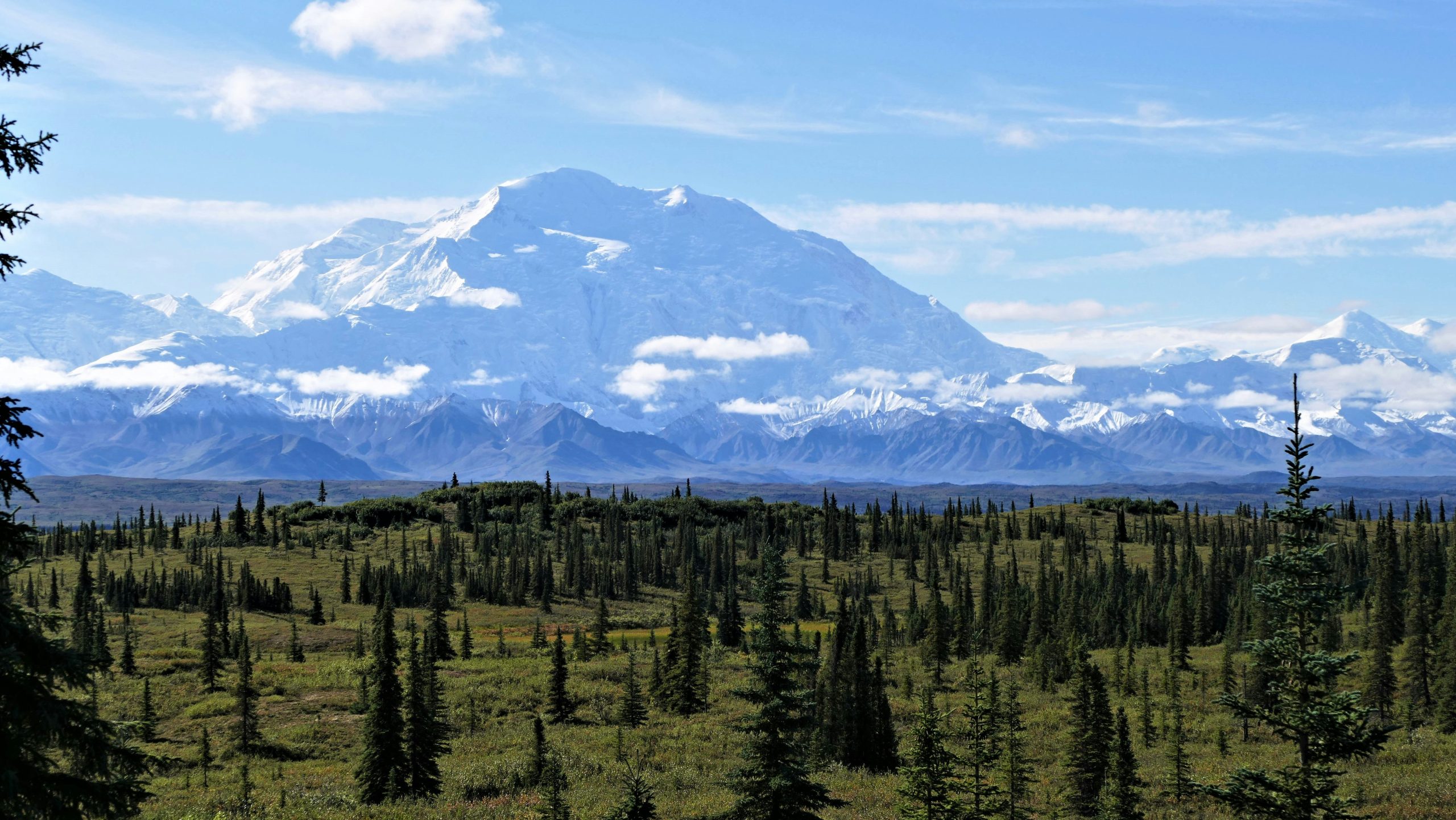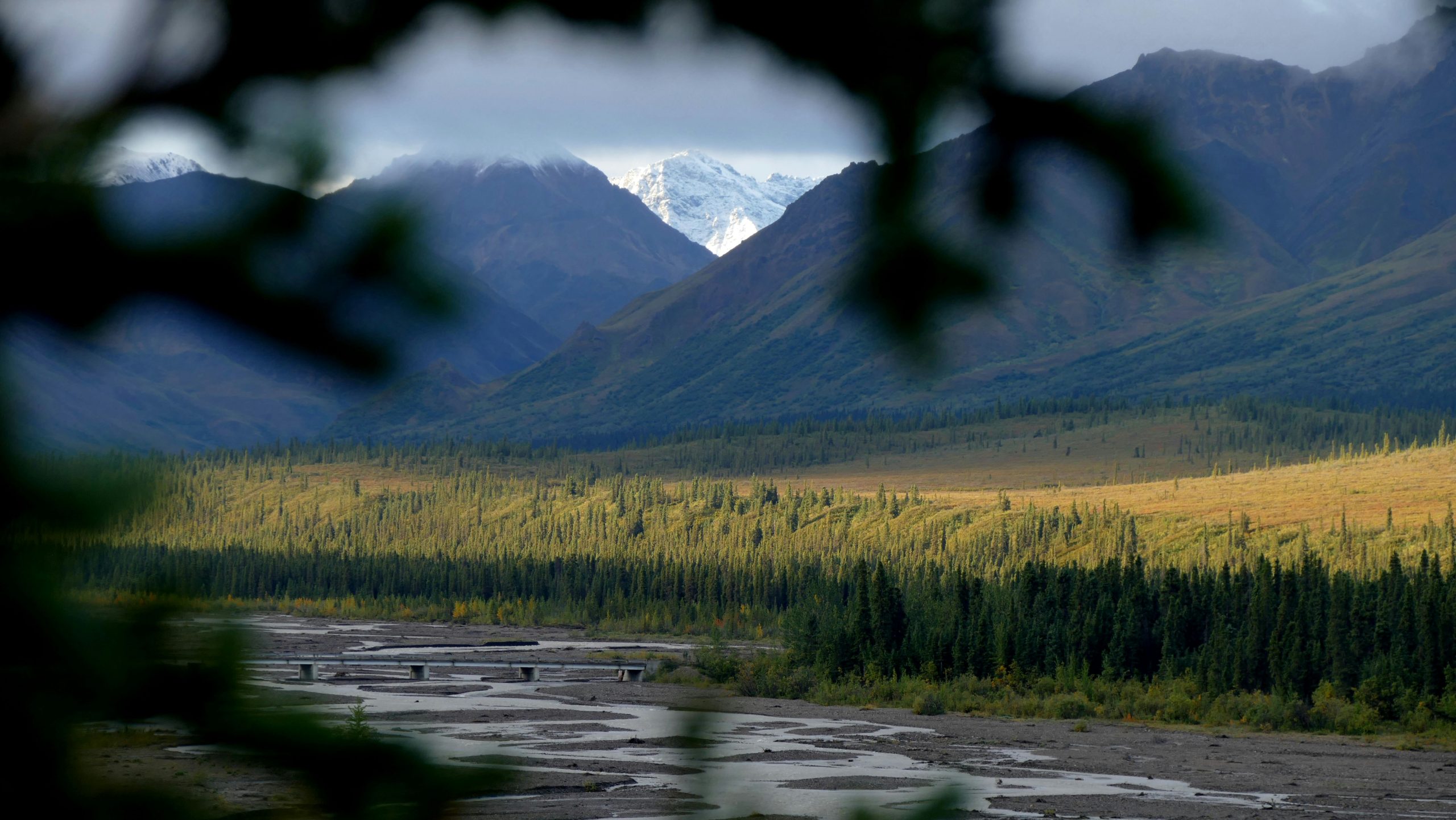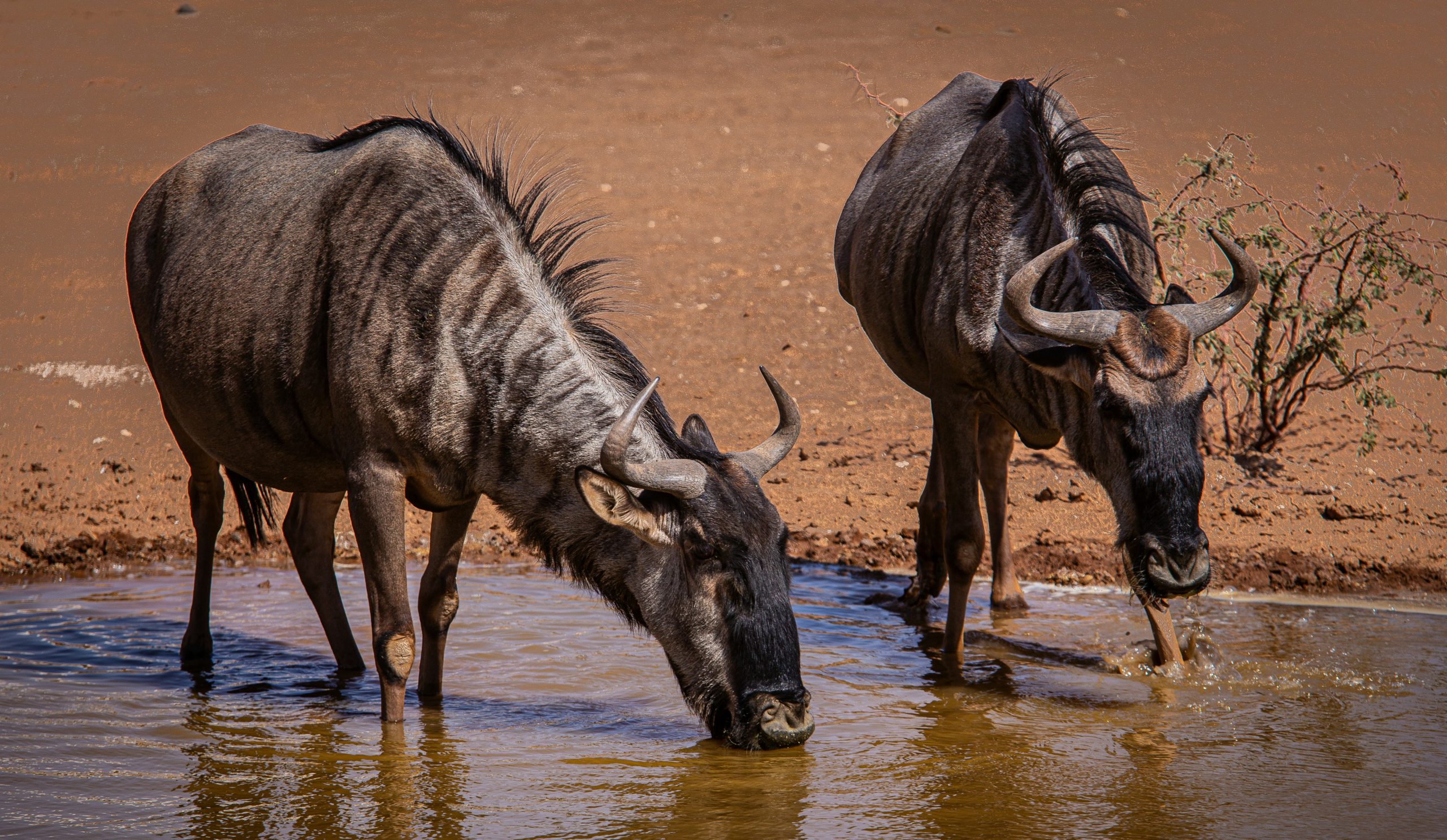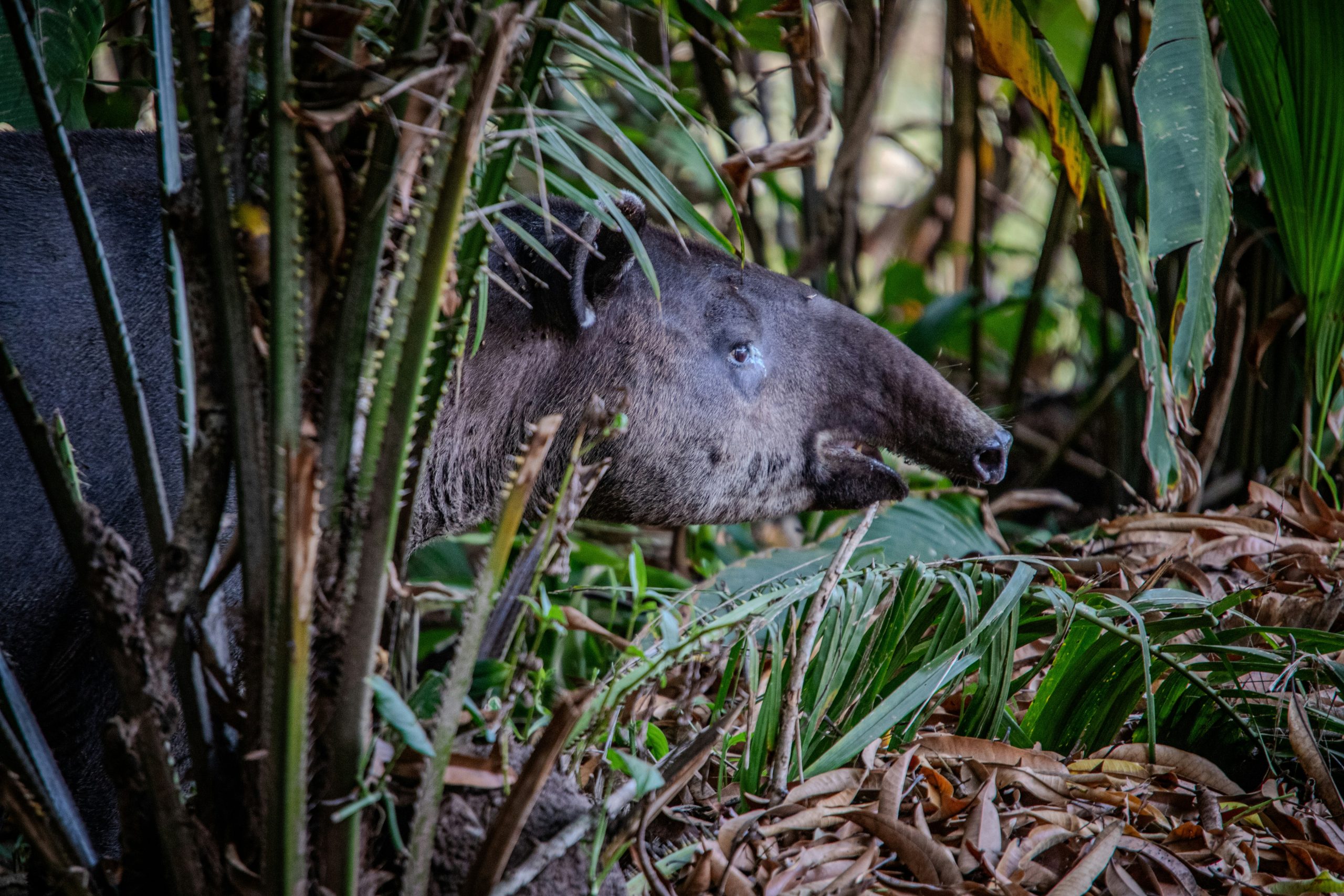Title: Can Greek Islands Preserve Their Wildlife and Nature?
Introduction: Discover the challenges and efforts behind preserving the wildlife and nature on the enchanting Greek Islands. Join us on a journey to explore the delicate balance between tourism and conservation, and how sustainable practices are shaping the future of these breathtaking island paradises.
The Threat of Overdevelopment

The delicate balance of nature and wildlife is increasingly threatened as overdevelopment continues to encroach on natural habitats around the globe. From the loss of biodiversity to the extinction of endangered species, the consequences of rampant urbanization and industrial expansion are far-reaching and irreversible.
the impact of overdevelopment on ecosystems
1. Loss of Biodiversity: Overdevelopment leads to the destruction of natural habitats, which in turn results in the loss of biodiversity. Plants and animals that once thrived in these ecosystems are pushed to the brink of extinction.
2. Disruption of Food Chains: As habitats disappear, the intricate food chains that sustain wildlife are disrupted. This disruption can have cascading effects on ecosystems, leading to imbalances and further loss of biodiversity.
the threat to iconic species
One iconic species facing the threat of overdevelopment is the Venus flytrap native to the Carolinas. Poaching and habitat destruction have put this carnivorous plant at risk of disappearing from its natural environment.
preserving wildlife through conservation efforts
1. State Grants: Governments are taking action to conserve critical habitats and wildlife populations. For example, a state recently granted more than $10 million to conserve a ranch in Santa Margarita, demonstrating a commitment to preserving nature.
2. Development Restrictions: Proposals for development restrictions in sensitive areas, such as the Boston wetlands, are crucial to protecting ecosystems and wildlife from the adverse effects of overdevelopment.
the importance of protecting biodiversity
1. Human Survival: The UN warns that humans could face extinction if we do not protect biodiversity. Ecosystem services, such as clean air and water, are intrinsically linked to biodiversity and are essential for human survival.
2. Preserving the Future of Tourism: Overdevelopment poses a threat to the future of tourism as natural landscapes and iconic species vanish due to habitat destruction. Sustainable tourism relies on preserving biodiversity for its long-term viability.
In conclusion, overdevelopment represents a significant threat to wildlife and natural ecosystems. By recognizing the importance of preserving biodiversity and implementing conservation measures, we can ensure a sustainable future for nature and wildlife.
Impact of Tourism on Wildlife

Tourism plays a significant role in the economy of many countries, but it also has a profound impact on wildlife and natural ecosystems. As more and more tourists flock to destinations known for their biodiversity and unique wildlife, the pressure on these fragile habitats increases. It is essential to understand the effects of tourism on wildlife conservation efforts and implement sustainable practices to minimize negative impacts.
challenges of wildlife conservation in tourist destinations
One major challenge of wildlife conservation in tourist destinations is the disturbance caused by human activities. Noise pollution, habitat destruction, and disruption of natural behaviors can all have detrimental effects on wildlife populations. Studies have shown that even a small number of tourists in national parks can significantly impact the behavior and well-being of wildlife, leading to stress and reduced reproductive success.
Key points:
- Disturbance from human activities
- Noise pollution and habitat destruction
- Impact on wildlife behavior and reproductive success
positive contributions of responsible wildlife tourism
While tourism can pose challenges to wildlife conservation, it also has the potential to support conservation efforts when managed responsibly. Responsible wildlife tourism initiatives, such as responsible rhino tourism in South Africa or sustainable 5* tourism in Mauritius, demonstrate the positive impact tourism can have on wildlife protection. By raising awareness, generating funds for conservation projects, and promoting sustainable practices, responsible wildlife tourism can help preserve endangered species and their habitats.
Key points:
- Responsible wildlife tourism initiatives
- Raising awareness and funding for conservation projects
- Promoting sustainable practices
the need for sustainable tourism practices
To mitigate the negative impacts of tourism on wildlife, it is essential to adopt sustainable tourism practices that prioritize conservation and minimize environmental harm. Countries like New Zealand are rethinking their approach to tourism to ensure it supports conservation efforts and protects biodiversity. By investing in wildlife-friendly infrastructure, promoting eco-friendly activities, and educating visitors about the importance of conservation, destinations can create a balance between tourism development and wildlife preservation.
Key points:
- Adopting sustainable tourism practices
- Investing in wildlife-friendly infrastructure
- Educating visitors about conservation
Preserving wildlife in the face of growing tourism requires a collaborative effort between governments, local communities, conservation organizations, and tourists themselves. By understanding the impact of tourism on wildlife and implementing sustainable practices, we can ensure that future generations have the opportunity to experience and appreciate the wonders of our natural world.
Conservation Efforts on Greek Islands

Collaborative Conservation Efforts for Wildlife Protection on Greek Islands
Greek conservationists are actively working together to safeguard the endemic species that call the mesmerizing Greek Islands home. In the face of climate change and other environmental threats, these dedicated individuals are striving to preserve the unique biodiversity of the region.
Utilizing CITES to Safeguard Wildlife
One of the key tools in the conservationists’ arsenal is the Convention on International Trade in Endangered Species of Wild Fauna and Flora (CITES). This international agreement plays a crucial role in regulating and monitoring the trade of endangered species and their products to ensure their survival in the wild. By adhering to the guidelines set forth by CITES, conservationists in Greece are able to protect vulnerable wildlife populations from exploitation and trafficking.
Community Engagement and Climate Action
Effective wildlife conservation efforts on the Greek Islands not only benefit the local flora and fauna but also contribute to community development and resilience in the face of the climate crisis. By engaging local communities in conservation activities and promoting sustainable practices, conservationists are creating a symbiotic relationship between humans and nature that is essential for long-term environmental well-being.
Positive Environmental Stories in 2022
- Greek conservationists collaborating to protect endemic species
- Tourism initiatives promoting nature conservation
- Efforts to combat wildlife trafficking
The Role of Sustainable Tourism in Wildlife Preservation
Tourism can be a double-edged sword when it comes to wildlife conservation on the Greek Islands. However, by promoting sustainable tourism practices that respect the natural environment and support local conservation initiatives, visitors can actively contribute to the protection of wildlife habitats and species. When planning your next trip to the Greek Islands, consider choosing eco-friendly accommodations and supporting nature-based activities that prioritize wildlife preservation.
Preserving wildlife and protecting the delicate ecosystems of the Greek Islands require collaboration, education, and sustainable practices. By raising awareness about the importance of conservation efforts and actively participating in initiatives to safeguard biodiversity, we can ensure that future generations can continue to enjoy the breathtaking natural beauty of these enchanting islands.
